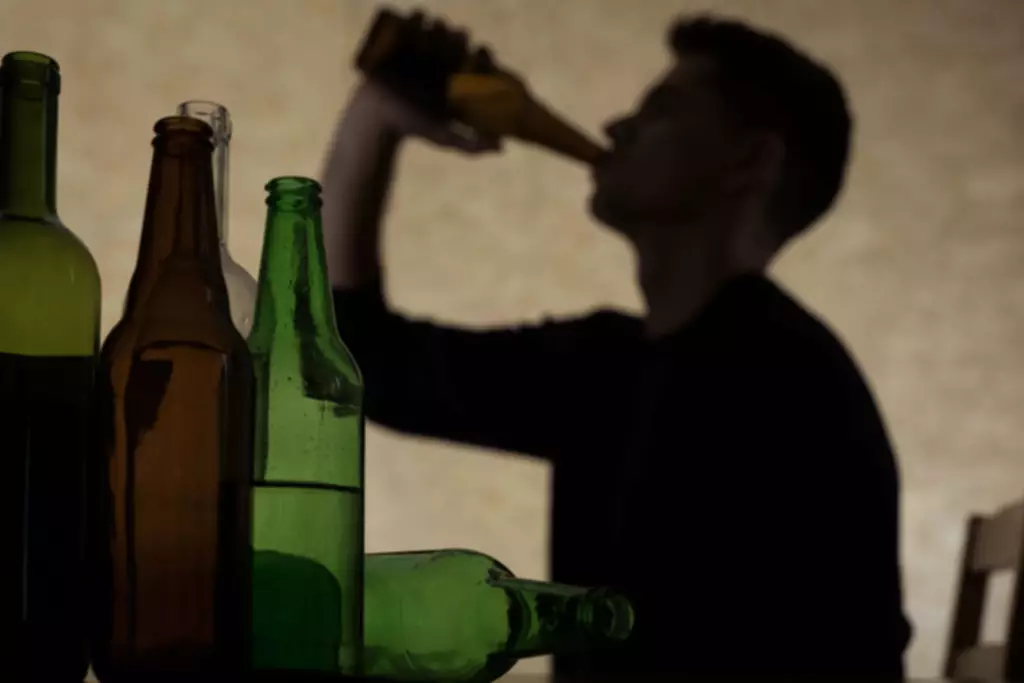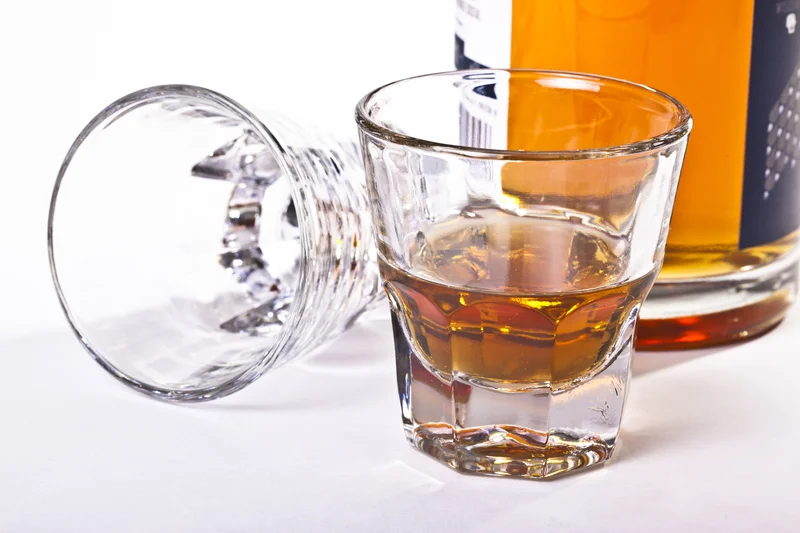
It can also increase your risk of mental health issues, as well as interfere with your ability to get the necessary rest and recovery you need after drinking. Whether you regularly consume coffee, soda—yes, even diet soda—or another caffeinated beverage, such as an energy drink, quitting caffeine could cause you to lose weight. Although plain coffee only has about 2 calories per cup, it’s easy for add-ins to add up, even without ordering a fancy latte or Frappuccino from a coffee shop. A plain cup of coffee with 2 tablespoons of heavy cream and 2 teaspoons of sugar has about 130 calories. A grande Caramel Macchiato made with 2% milk from Starbucks has 250 calories and 33 grams of sugar.
- Plus, it disrupts the important REM stage of sleep and may interfere with your breathing.
- I read some articles that said the withdrawal timeline only lasted for three days, and others that told me that my symptoms would last for months.
- My physical transformation is symbolic of those deeper spiritual epiphanies, and a reminder that anything is possible as long as I refuse to waste my time on earth.
- What Really Happens to Your Body When examines the head-to-toe effects of common behaviors, actions and habits in your everyday life.
- This means, depending on the physical state of your liver, that you gradually start to feel better.
Improve sleep
- “Caffeine may cause an increase in blood pressure, so people with hypertension should consider limiting their caffeine intake,” Louloudis says.
- However, sudden suspension of either or both substances may lead to withdrawal symptoms such as headaches, fatigue, irritability, and insomnia.
- Alcohol misuse can lead to serious health problems like liver disease and cancer.
A high amount of this hormone creates a lot of problems; it makes our memory poor, makes us depressed and also increases the risk of type 2 Diabetes. Quitting caffeine can prove to be beneficial in avoiding these hormonal imbalances. So, if you want to keep your hormones under control and live a healthy, happy life; cut down on tea and coffee.
- Getting sober can also help individuals to regulate their emotions more effectively a few months down the line.
- Over time, this can lead to a dependence on alcohol where someone needs to consume alcohol to function normally.
- While this is often a time people experience much higher quality sleep, it’s also common to have vivid dreams of drinking alcohol and wake up disoriented.
- Remember, the main issue is that caffeine can mask the effects of alcohol, leading you to drink more than you usually would.
- Begin by drinking less in each glass or cup and make sure to hydrate after drinking.
Liver
Just like drugs, caffeine alters the chemistry of your brain if you take it in regularly over time. You can become dependent on it, too, and need more and more after a while just to feel the effects. This is a protein that gives your skin its tightness and elasticity. So if you get rid of caffeine, it can help keep that aging process from speeding up. And perhaps some part of my brain what happens when you stop drinking alcohol was waiting for the coffee before smoking. Having quit sugar and coffee, my brain would be waiting forever to get the trigger (my morning coffee).

The Third Week Without Alcohol

That’s a far cry from the sugar-free, nearly calorie-free beverage your coffee started as and can cause your weight to creep up over time. But in the long run, you may reap many positive health benefits of quitting caffeine. Drinking too much caffeine causes a lot of severe health conditions, including hypertension. Caffeinated drinks are loaded with sugar and calories, which leads to high blood pressure. Also, caffeine produces stress hormone which in turn leads to high blood pressure. Hypertension or high blood pressure is a severe medical condition because it causes furthermore health conditions such as heart failure, stroke and kidney disease.

Consistent coffee drinkers have adapted to the ingredients, so their BP does not Alcohol Use Disorder significantly rise. Those who are not used to it will get a temporary rise after drinking, so stopping the intake will decrease the effects. Caffeine is one of the most consumed pharmacological substances in the world, with more than 90% of U.S. adults stating they have a daily intake of it.
- It’s important to remember that they are only temporary and will usually subside within a few days.
- Light drinkers tend to be mostly spared from the effects on the liver, but for heavy drinkers, the liver becomes inflamed, which can be dangerous over time,” says Dr. Mosquera.
- There may be some thoughts like “do I really have to do this for 25 more days!?
- Though filtered and instant coffee has no effect on cholesterol levels, Turkish, boiled, expresso, and plunger pot coffee has shown some risk of increasing values.

This is particularly concerning for individuals who are already struggling with substance use disorders. It’s essential to be mindful of your caffeine intake and to https://ecosoberhouse.com/ avoid using it as a crutch to manage the effects of alcohol. When you stop drinking, your body will begin to detoxify and repair. Depending on how much you drank and for how long, you may experience symptoms of withdrawal. To learn more about how you can proactively manage mild or moderate withdrawal symptoms and heal faster, check out this article on alcohol detox supplements. These progressed to mild withdrawal symptoms when my tolerance increased in college.

